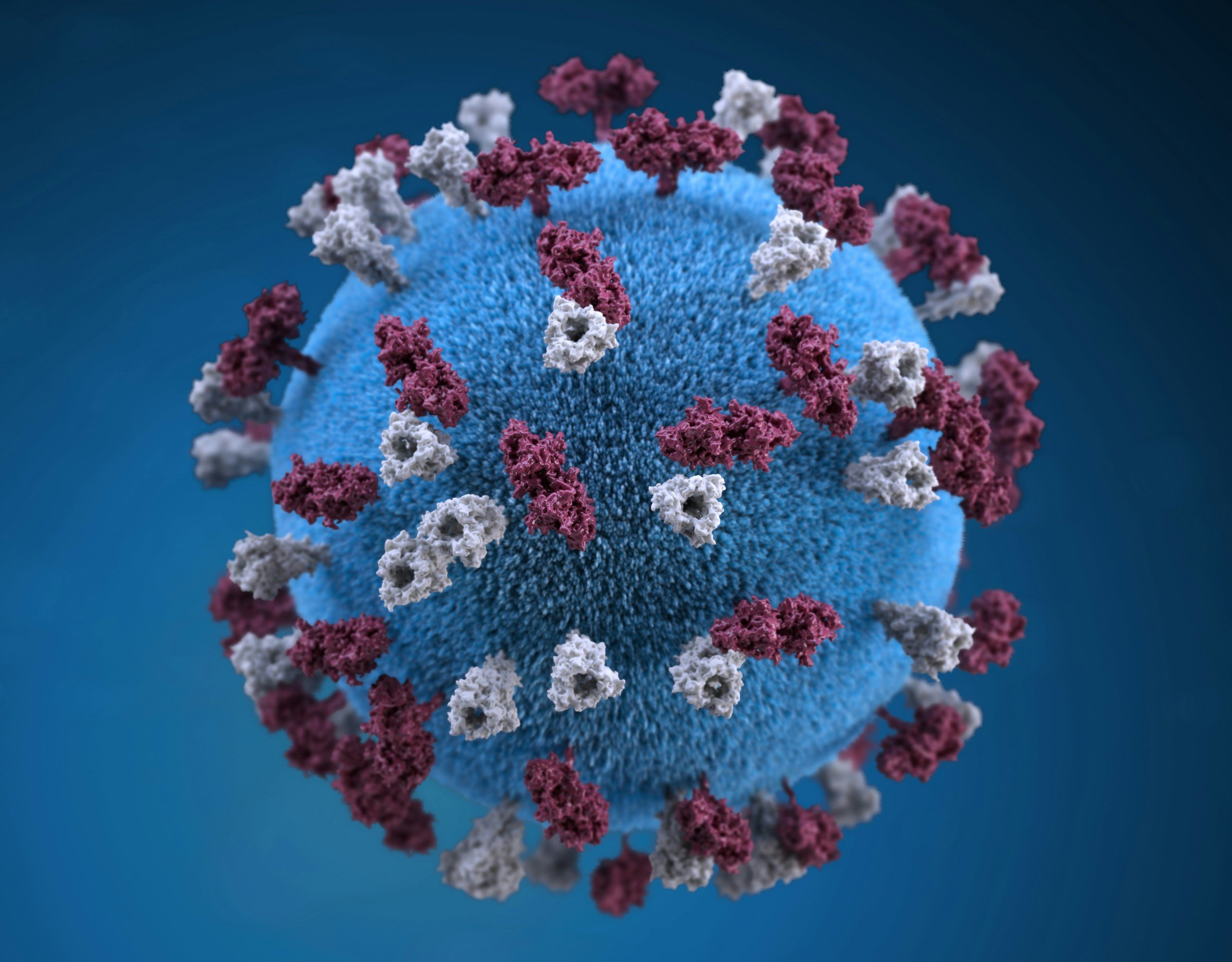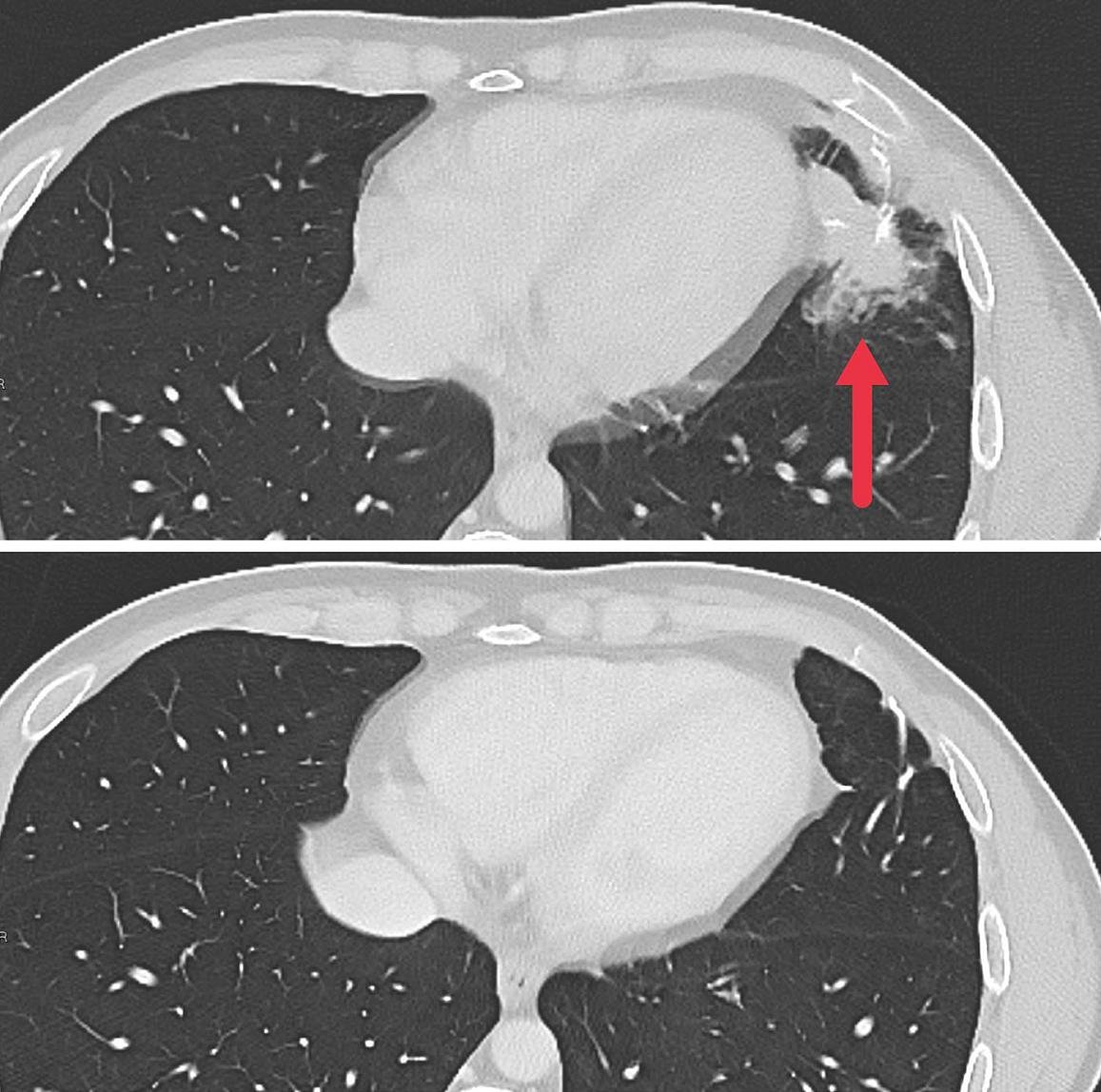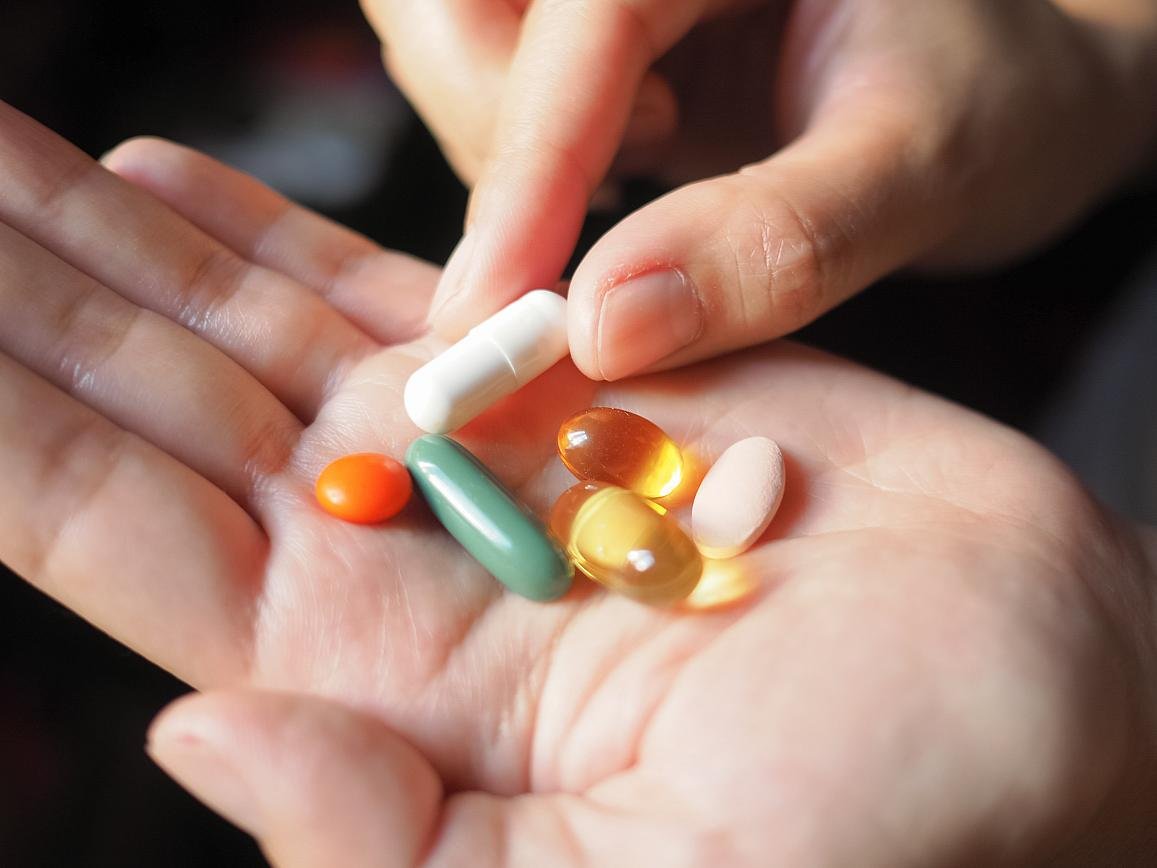
Atypical Metabolite Levels at Birth May Increase SIDS Risk
Newborns who had an atypical pattern of metabolites were more than 14 times as likely to die of SIDS, compared to infants who had more typical metabolic patterns.

Cannabis & Hallucinogen Use at Historic Highs in 2023
Past-year use of cannabis and hallucinogens stayed at historically high levels in 2023.

Routine Lab Tests are Not a Reliable to Diagnose Long COVID
A NIH-supported study has found that routine lab tests may not be useful in making a long COVID diagnosis for people who have symptoms of the condition.

Supplements Slow Disease Progression During Late Stage of “Dry” AMD
Researchers at the NIH have found that taking a daily supplement containing antioxidant vitamins and minerals slows progression of late-stage dry AMD.

Increases Found in Preteen Suicide Rate
While the overall numbers remain low, the findings spotlight the need to identify and help those at risk.

Tumor Shrinkage in Patients with Colorectal Cancers
Early findings from a small clinical trial provide evidence that a new cellular immunotherapy approach may be effective in treating metastatic solid tumors.

Taking Multivitamins Daily is not Associated with a Lower Risk of Death
A large analysis of data from nearly 400,000 healthy U.S. adults followed for more than 20 years has found no association between regular multivitamin use and lower risk of death.

Combination Therapy Demonstrates the Power of Precision Medicine
Combination therapy developed by NIH researchers demonstrates the power of precision medicine

Chronic Hypertension in Pregnancy Doubled in the U.S. from 2007-2021
The prevalence of chronic hypertension in pregnancy in the United States doubled from 2007-2021.

Existing Drug Shows Promise as Treatment for Rare Genetic Disorder
A drug approved to treat certain autoimmune diseases and cancers successfully alleviated symptoms of a rare genetic syndrome called APS-1.

Service Dogs May Reduce PTSD Symptoms for Military Members and Veterans
For military members and veterans who have been diagnosed with PTSD, adding a service dog to their usual care could reduce the severity of PTSD symptoms, feelings of anxiety, and lower depression.

AI Tool to Predict How Cancer Patients Will Respond to Immunotherapy
In a proof-of-concept study, researchers at the NIH have developed an AI tool that uses routine clinical data to predict whether someone’s cancer will respond to immune checkpoint inhibitors,

Novel Vaccine Concept Generates Immune Responses that Could Produce Multiple Types of HIV Broadly Neutralizing Antibodies
Using a combination of cutting-edge immunologic technologies, researchers have successfully stimulated animals’ immune systems to induce rare precursor B cells of a class of HIV broadly neutralizing antibodies (bNAbs).

Scientists Map Networks Regulating Gene Function in the Human Brain
A consortium of researchers has produced the largest and most advanced multidimensional maps of gene regulation networks in the brains of people with and without mental disorders.

Introducing Peanuts in Infancy May Prevent Peanut Allergy into Adolescence
Research from the National Institiute of Health has found that feeding children peanut products regularly from infancy to age 5 years could reduce the rate of peanut allergy in adolescence by 71%.

Acetaminophen shows promise in patients with sepsis
Findings from NIH-supported clinical trial suggests the drug has the greatest benefit in the sickest patients.

NIH Zebrafish Research Included in U.S. Postal Service’s “Life Magnified” Stamps
A microscopy image created by NIH researchers is part of the “Life Magnified” stamp panel issued by the USPS.

Simulated Driving Program Reduces Crash Risk for Teens with ADHD
A program that combines computer-based and driving simulator training may reduce the proportion of crashes and near crashes among teens with ADHD.

STORK Helps Identify Cause of Miscarriage
Scientists funded by the National Institutes of Health have developed a same-day test to identify abnormal fetal chromosomes.

NIH awards $23 million to centers of excellence to study telehealth for cancer care
The National Cancer Institute will award $23 million to four academic institutions to establish centers of excellence that will conduct research on the role of telehealth in delivering cancer-related health care.
